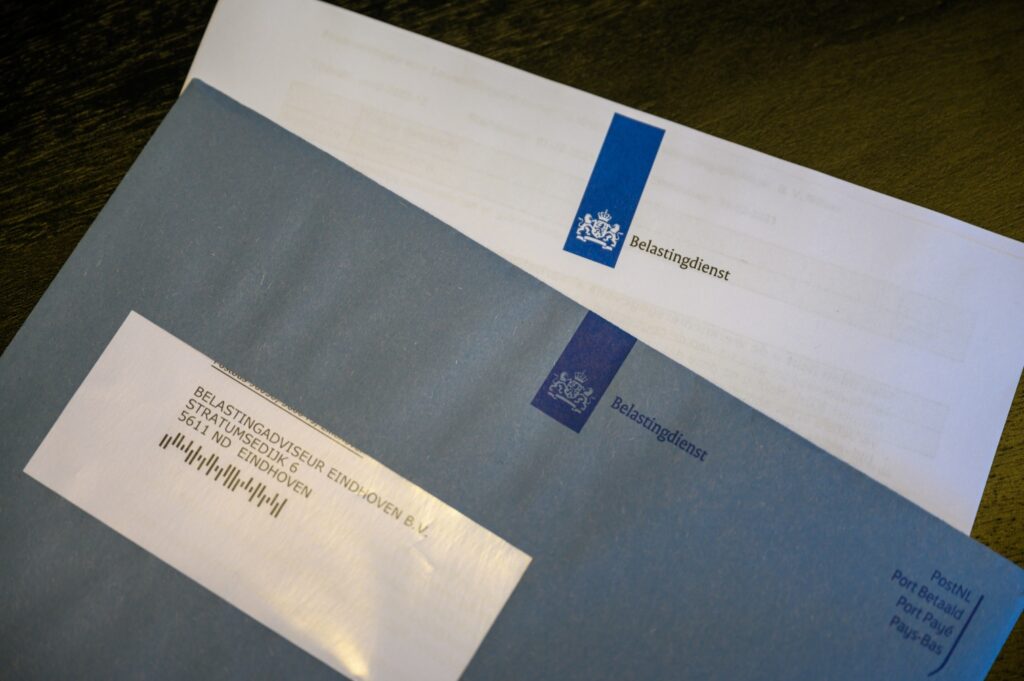
In dit artikel vertellen we alles over de aangescherpte regels rondom schijnzelfstandigheid bij ZZP’ers die per 1 januari 2025 zijn ingegaan.

A vennootschap onder firma, abbreviated VOF, is a common legal form in the Netherlands. It is a form of enterprise in which two or more persons start a company. In the Netherlands, the VOF is legally regarded as a company in which all partners bear equal financial risk. This means that all participants are responsible for the debts and liabilities of the company. On the other hand, all profits are in principle shared equally among the partners. It is important to note that an VOF has no legal personality; this means that the VOF has no equity or identity of its own.
A vennootschap onder firma (VOF) can be attractive for entrepreneurs who want to join forces. It is important to carefully weigh whether a VOF suits your business plans and needs. That is why we have listed the pros and cons for you.
Do you want to start today?
Unlike a bv, a VOF is not a legal entity. This means that the partners are personally liable for the company's debts. First, creditors will use the company's assets to pay the debts. If this is not enough, they will hold the partners liable. They may then seize the private assets of you and your partner. So you may have to pay off the partnership debts incurred by another partner with your private assets. However, this does not apply to another partner's private debts. Marital agreements prevent your partner from also being liable for the debts of the vennootschap. However, in a husband-wife firm, prenuptial agreements do not work because both persons are liable as partners.
The entrepreneurs of a VOF are each self-employed and therefore pay income tax on their own profits. In addition, the partners also pay VAT on the products or services they sell. This usually involves 21% VAT, but the VAT rate may also be 9% or 0%. If you hire staff, you will also have to pay payroll tax. As a VOF entrepreneur, you therefore pay income tax, but in most cases you can also make use of certain deductions. You can contact us for more information.
we can help you set up a VOF or convert your VOF into a bv. Please contact us for more information or questions.

In dit artikel vertellen we alles over de aangescherpte regels rondom schijnzelfstandigheid bij ZZP’ers die per 1 januari 2025 zijn ingegaan.

As a sole proprietor in the Netherlands, there are several tax benefits you can make smart use of. You can read more about them in this article.

An audit by the Tax Authorities is something that can happen. However, it does not have to be a stressful experience. In this article, we explain how an audit works and what your rights and obligations are.
In order to provide the best experience, we use technologies such as cookies to store and/or retrieve information on your device. By agreeing to these technologies, we can process data such as browsing behaviour or unique IDs on this site. If you do not give your consent or withdraw your consent, this may adversely affect certain functions and capabilities.